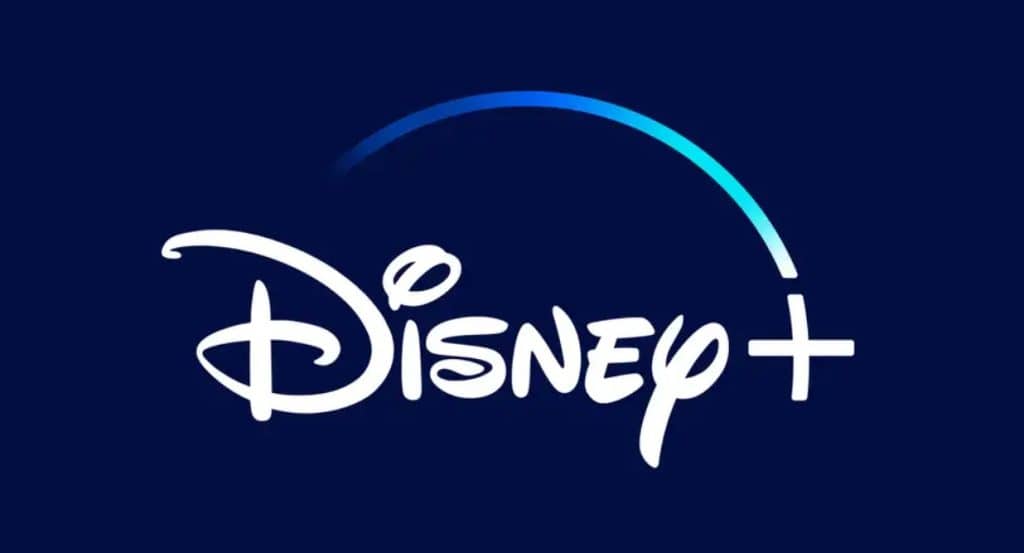
Disney continues to shake—for an “unkillable, multi-billion-dollar leviathan” definition of shaking, leastways—in the aftermath of its recent big surprise Bob Swap, with former CEO Bob Iger stepping in to take control of the company back from his successor, Bob Chapek, after the company’s board asked Chapek to resign from his leadership position last Sunday night.
Disney’s grievances with Chapek—who, among other things, alienated its vaunted animation department with statements suggesting their output was consumed only by children—were fairly varied, but many of them were aimed at the company’s heavy recent focus on streaming service Disney+, which continues to operate at a (planned for, and expected) loss. A recent earnings call, though, saw Disney under-perform company-wide on expectations—including indications that Disney+ wouldn’t start being profitable by a hoped-for late-2024 window—and which appears to have been among the last straws, with company Chief Financial Officer Christine McCarthy reportedly very unhappy with Chapek’s conduct, both on the call, and in general.
Which brings us to this interesting little tidbit, courtesy of the Wall Street Journal’s reporting on the re-Bob-ification efforts: According to “people familiar with the matter,” one of the tricks Chapek’s Disney apparently used in recent months was to have certain shows that were originally billed as Disney+ originals (including The Mysterious Benedict Society and Doogie Kameāloha, M.D.) debut instead on The Disney Channel before heading over to streaming—specifically so that the costs for those series wouldn’t go on Disney+’s ledger, thus making the service look more profitable than it actually is. Which is all a little shell-game, especially for a company this big and ostensibly successful; McCarthy, for one, was apparently “concerned” about the strategy.
The irony of all this is that Disney+ was actually Iger’s baby, not Chapek’s: The once-and-future CEO reportedly delayed his departure from the company until 2020 specifically to help get the streaming service off the ground. As a consequence, Iger conveniently missed the period over the last two years in which media giants have needed to come to terms with exactly how profitable one of these services both can be, and needs to be, leaving Chapek seemingly holding the bag in his efforts to make the company’s massive investment in Disney+ worth its while.























